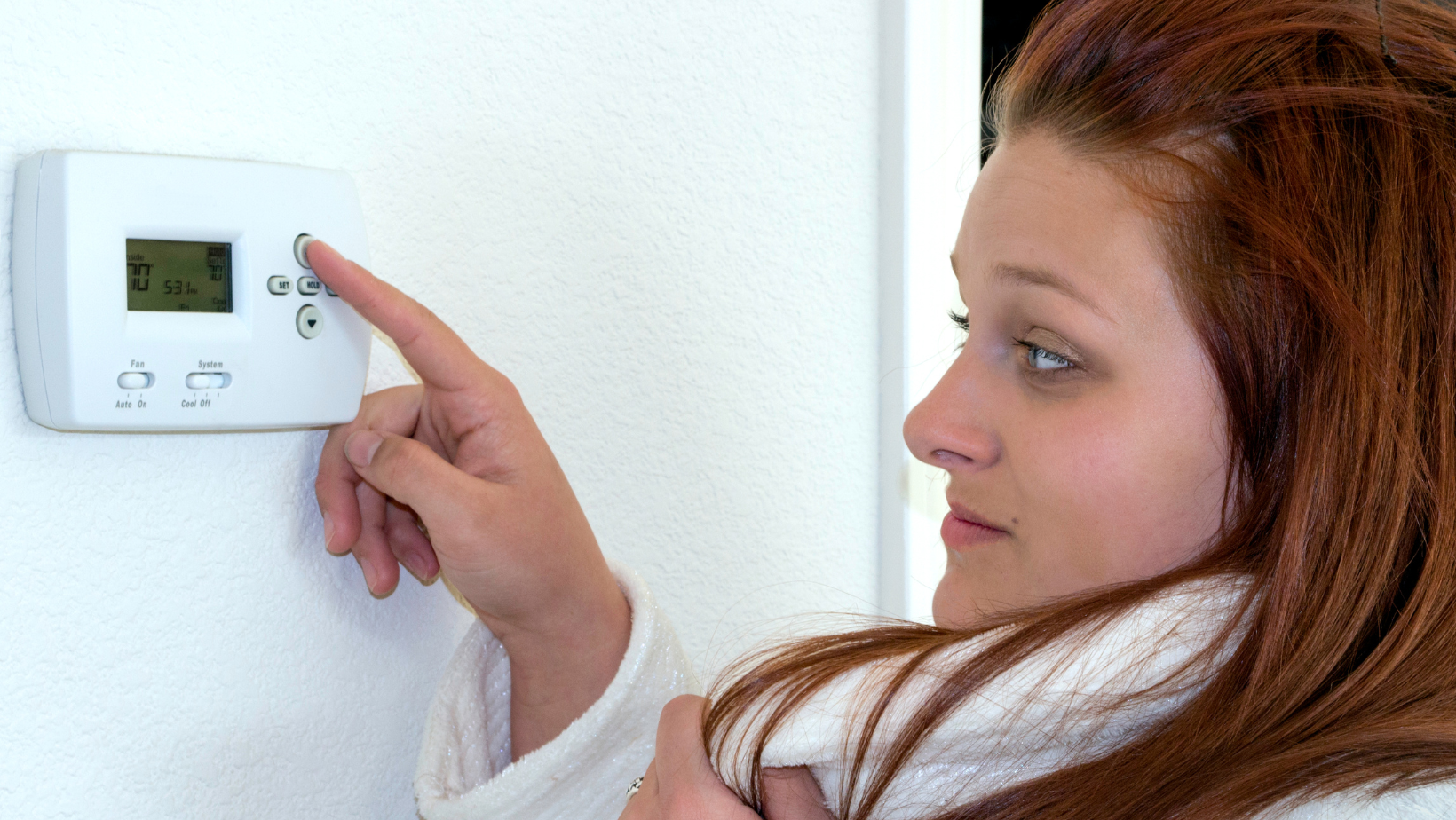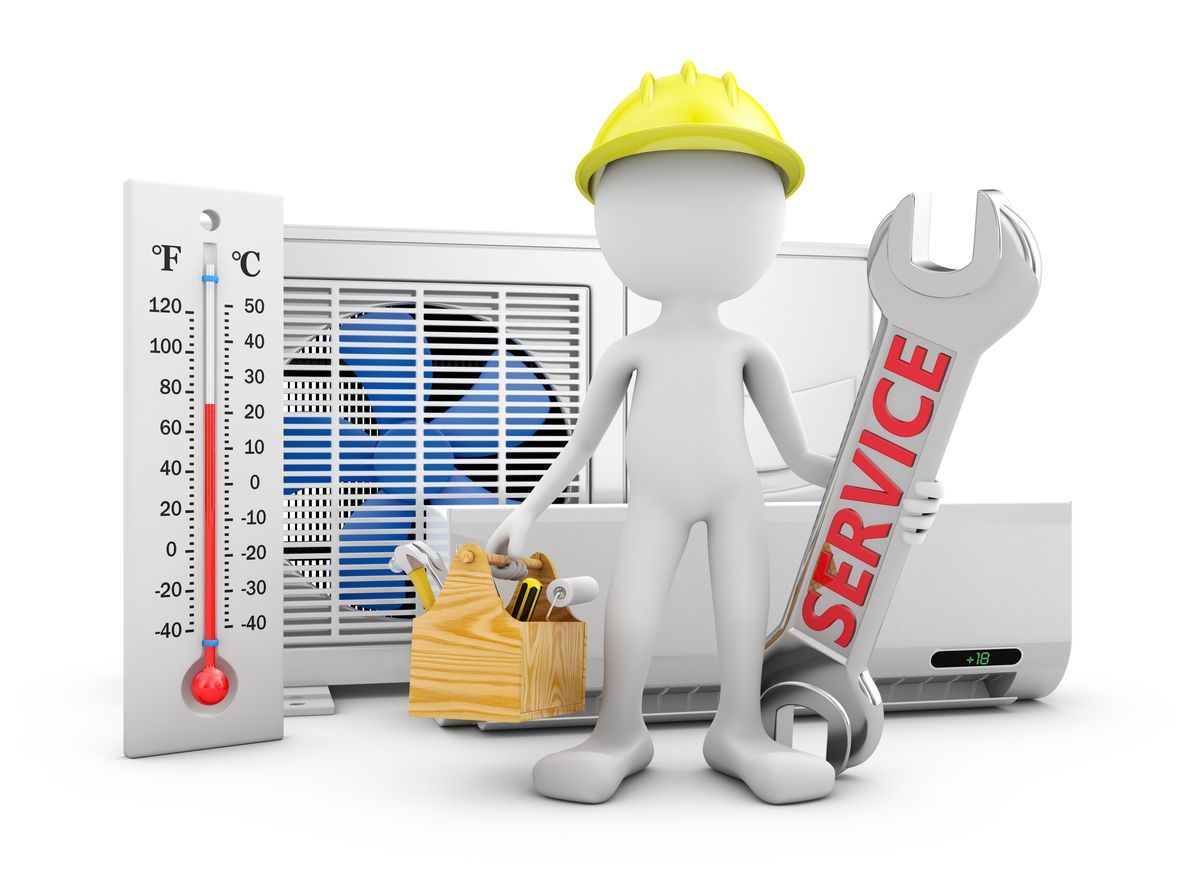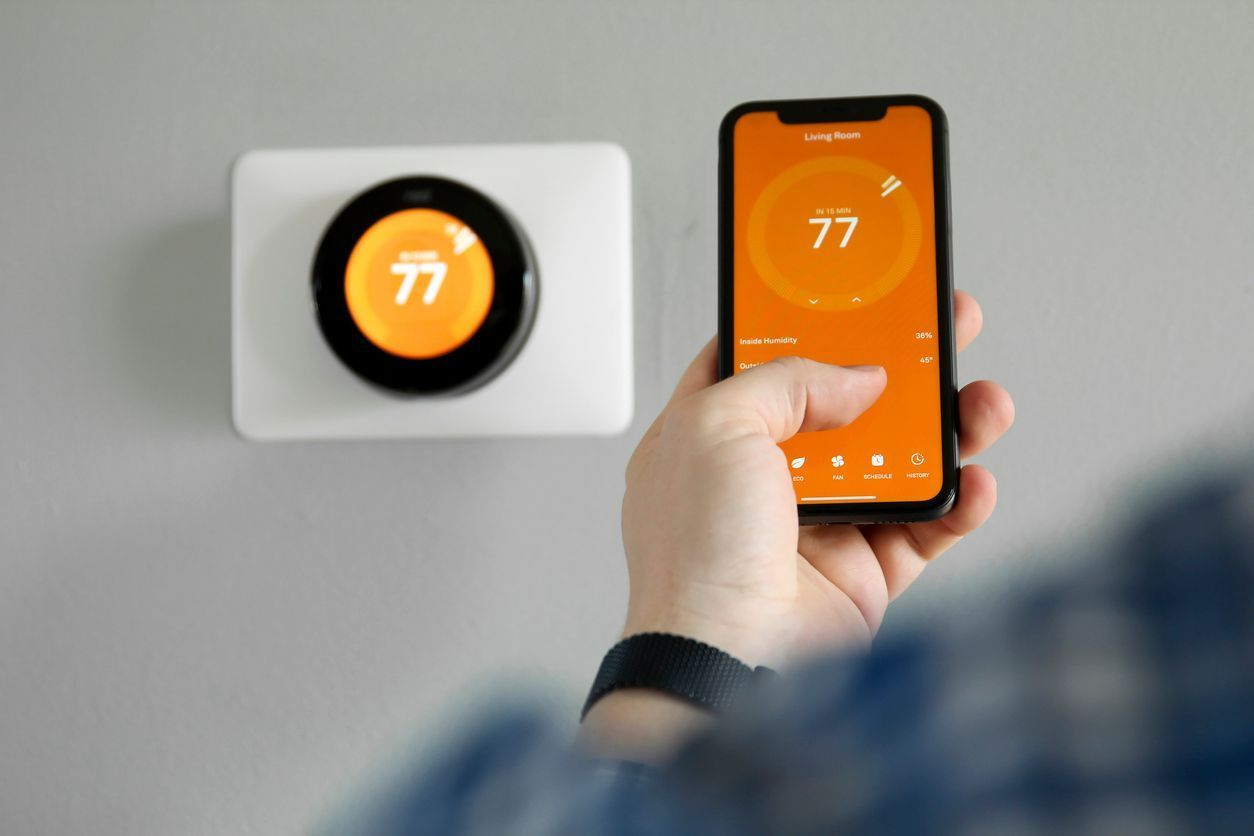Breathe Easy: Understanding Indoor Air Quality
The Vital Role of Indoor Air Quality in Protecting Your Family's Health

People spend a lot of time indoors during the cooler months. Many people are unaware that the quality of air inside their homes can be up to five times worse than the outside. Poor indoor air quality can lead to a variety of health issues. Health issues ranging from minor inconveniences like headaches and allergies to serious conditions like respiratory diseases and cancer.
As such, understanding the importance of indoor air quality can go a long way in promoting a healthier and more comfortable living environment. This article delves into the reasons why indoor air quality is important to your family's health.
Understanding Indoor Air Quality
Indoor air quality (IAQ) refers to the air quality within and around buildings and structures, especially as it relates to the health and comfort of building occupants. It can be affected by a variety of factors, including microbial contaminants (mold, bacteria), gases (carbon monoxide, radon), particulates, or any mass or energy stress that can induce adverse health conditions.
How Poor Indoor Air Quality Can Affect Your Family's Health
The quality of the indoor air that we breathe is crucial for ensuring the health and well-being of our families. Poor indoor air quality can lead to a wide range of respiratory conditions such as asthma, allergies, and other respiratory diseases.
These conditions can be triggered by pollutants such as dust, pet dander, pollen, mold, and particles released from household products and building materials.
According to recent studies show a link between long-term exposure to poor indoor air quality and heart disease. Indoor pollutants can cause inflammation in the heart's blood vessels, leading to heart disease over time.
Radon, a natural radioactive gas that can seep into homes from the ground, is a leading cause of lung cancer among non-smokers. Maintaining good indoor air quality can help reduce exposure to this harmful gas.
Some pollutants found in the indoor environment, such as lead, can have detrimental effects on the nervous system and brain functioning. Young children are particularly vulnerable to these effects, as their brains are still developing.
How to Improve Indoor Air Quality
1. Regular Cleaning
Regular cleaning helps reduce dust, pet dander, and other airborne allergens in your home. It's essential to vacuum carpets, clean bedding, and dust surfaces regularly.
2. Proper Ventilation
Proper ventilation is crucial in maintaining good indoor air quality. It helps to remove stale indoor air and replace it with fresh outdoor air. It also helps control temperature and moisture levels, which can affect the concentration of indoor air pollutants.
3. Regular Maintenance of HVAC systems
Regular maintenance of your heating, ventilation, and air conditioning (HVAC) system can also help improve your home's indoor air quality. A poorly maintained HVAC system can circulate dust, mold, and other pollutants throughout your home.
4. Use of Air Purifiers
Air purifiers can be used to remove pollutants from the air. They work by filtering out harmful particles, including allergens, smoke, and dust. However, they should be used in conjunction with other measures to improve indoor air quality, as they cannot remove all types of pollutants.
Conclusion
Indoor air quality is essential to your family's health. It can significantly impact various aspects of your family's health, from respiratory conditions to heart disease, lung cancer, and neurological problems. By understanding its importance and taking steps to improve it, you can create a healthier and more comfortable living environment for your family.
Mr. Comfort Heating and Air Conditioning is a highly reputable company serving Elkton, Maryland, and northern Delaware, known for providing exceptional service at a great price. Their team of experienced technicians can assess your indoor air quality needs, offer expert advice on proper ventilation, HVAC maintenance and air purifiers. Call to experience their top-notch service and competitive pricing.











